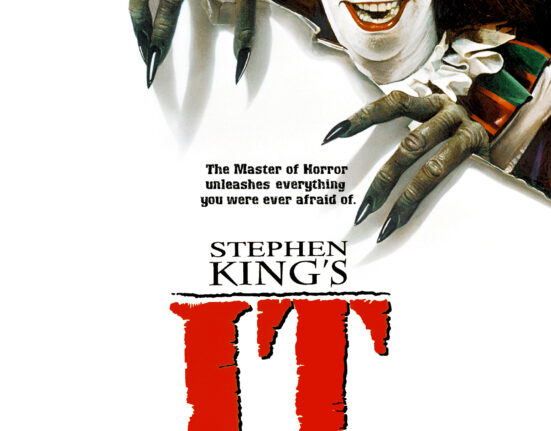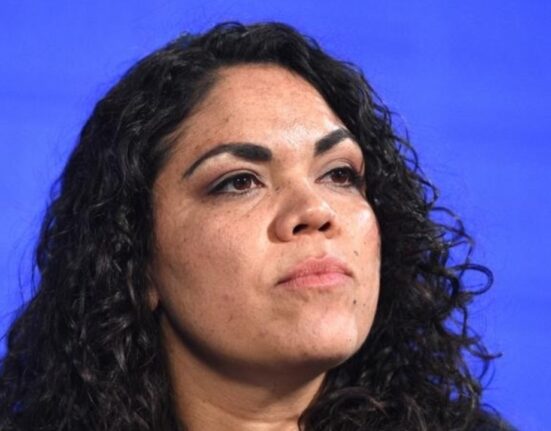When Australia’s teen social media technology trial claimed success, experts were skeptical. The government-commissioned Age Assurance Technology Trial seemed promising on the surface, with statements like
“age assurance can be done in Australia and can be private, robust and effective.”
However, the lack of evidence to support these claims raised eyebrows among experts.
The leaked report revealed discrepancies that left many questioning the validity of the trial’s initial findings. Tony Allen, CEO of Age Check Certification Scheme, refrained from commenting until the full results were published. When pressed about certain figures in the report, Allen expressed uncertainty and warned against relying on potentially false information.
After months of speculation, a draft of the final report was shared with the trial’s stakeholder advisory board. This move shed light on what had been a secretive testing process for technologies aimed at enforcing a ban on teen social media use. The absence of concrete evidence to accompany bold assertions in the report concerned several board members who doubted its credibility.
The draft report exposed shortcomings in age-estimation technologies used during the trial. Facial analysis and other biometric data-based estimations were off by an average of 2.69 years. ABC News reported that some technologies inaccurately guessed ages within an 18-month range in 85% of cases, with facial analysis performing poorly on First Nations populations.
Testing revealed that out of 28 age-verification providers assessed, only a majority reached a
“technology readiness level”
(TRL) of 7 or above out of 9—implying limited commercial readiness among participants. Each provider underwent an average of around 340 tests in controlled school settings and approximately 90 tests by mystery shoppers.
Despite reporting a high accuracy rate (97.05%) for age-verification technologies when tested by mystery shoppers, concerns lingered over error rates and product readiness for commercial use. The draft also highlighted data privacy issues as only a few providers held ISO/IEC 27001 certification for security measures.
Expert opinions varied regarding the effectiveness and readiness of age-assurance technologies based on the incomplete draft report. While some criticized premature conclusions drawn from limited data released thus far, others acknowledged challenges faced when testing emergent technology within tight timelines set by authorities.
As experts convene to provide feedback on the trial’s report this week, uncertainty looms over whether age assurance technology will be adequately prepared by the impending teen social media ban rollout deadline at month-end.









Leave feedback about this